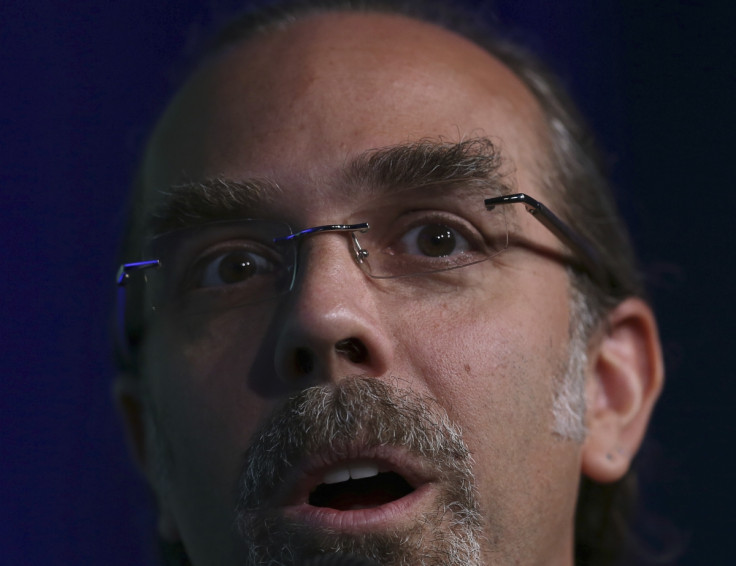Inside Top Secret 'Google X' Lab

In a nondescript office block in Mountain View, California, the future is made.
The Google X campus is where the tech giant's scientists work on what they call "moonshot" projects: those so futuristic they could be taken from the pages of a science fiction novel.
It is here that the wearable computer Google Glass was first dreamed up, as well as the driverless cars that experts believe could revolutionise travel, and 'smart' contact lenses that allow diabetics to continually check their insulin levels.
Astro Teller, who is the grandson of Cambridge physicist Edmund Teller, 'the father of the Hydrogen bomb,' is Google X's 'Captain of Moonshots'.
In a rare interview with the BBC, he explained how his teams operate.
"Firstly, there has to be a problem that we can identify," says Teller, "and sometimes that's harder than you would think."
"There has to be some reason to believe the science or technology underpinning that solution, that makes us think the idea is only mostly crazy," he said.
The 'X' in Google X stands for 10: making things ten times better within a 10-year timescale.
Google co-founder Larry page and scientist Sebastian Thrun set up the institute in 2005, after bonding over their passion for the potential of robot technology.
Sergey Brin, Google's other co- founder, has been closely involved from the outset, and he and Page "have this idea that incremental improvements are not good enough. The standard for success is whether we can get these into the world and do audacious things." Chris Urmson, head of driverless cars project, told Bloomberg.
"Anything which is a huge problem for humanity we'll sign up for, if we can find a way to fix it," said Teller.
Cambridge born Teller said that the ability of Google X to realise the impossible was founded on encouraging ambitious failure.
"If you shame them when they come back, if you tell them that they've failed you because they didn't find a mountain, no matter how diligently they looked for or how cleverly they looked for it, those scouts will quit your company," said Teller.
The unique structure of the institute, with staff able to change teams without the permission of their manager, encouraged good leadership, Teller said.
"The result of this is that if your manager is an asshole, not only will you leave but everyone will leave and that guy is going to find himself voted off the island by his own people," said Teller.
Google's search engine wing generated an estimated $44 billion in 2012, and though the company does not disclose the costs of running Google X, it is known that it spends approximately $6 billion on research and development annually.
Teller though said that when deciding on a project, his team's first question is never how much money it will make.
In a conventional business, he said: "you make things a little bit better for a lot of people, you'd better have a world class sales and marketing team and make sure that your solution is purchased, because it's only a little bit better.
"But if it's a lot better, the money's going to come and find you in a fair and elegant way."
He emphasised that this had always been the Google approach.
"Things like search or translate, things like maps, have been in the public domain free to the users but often without advertising or any form of compensation - sometimes for many years - when Google didn't make money on it or even have a plan to make money on it and Google was just 'Let's make value for the users. We'll figure out how to make money later'."
© Copyright IBTimes 2025. All rights reserved.






















